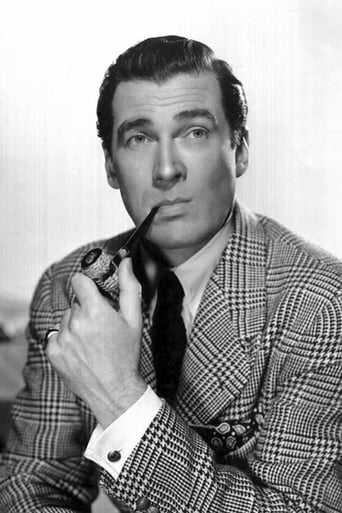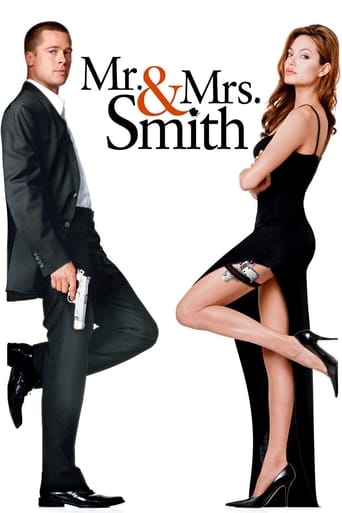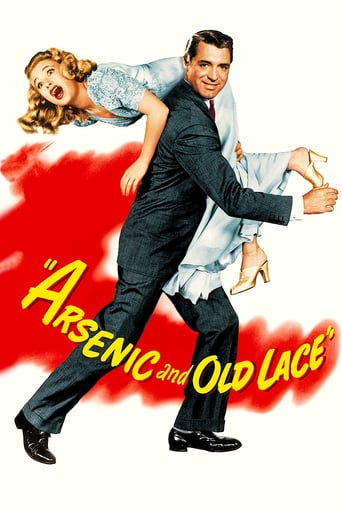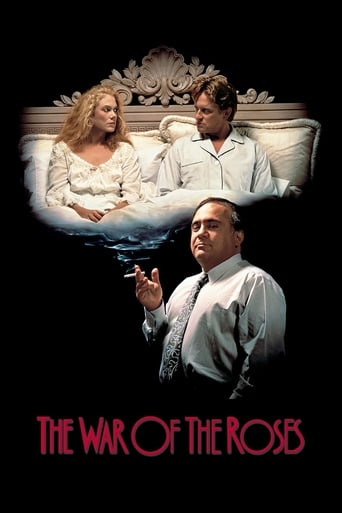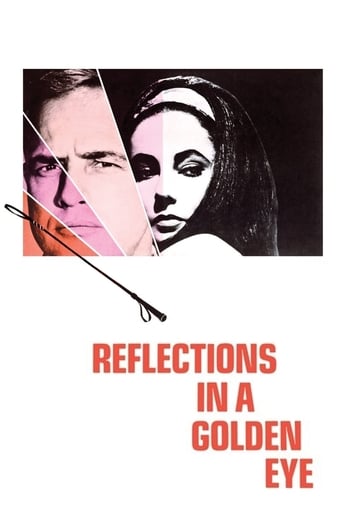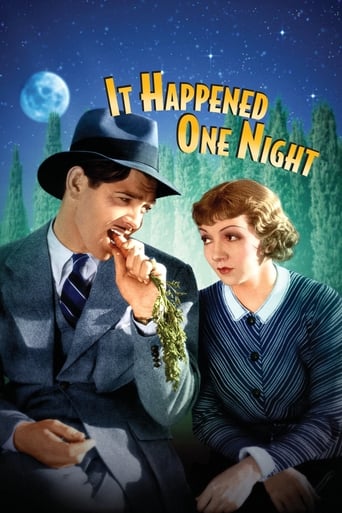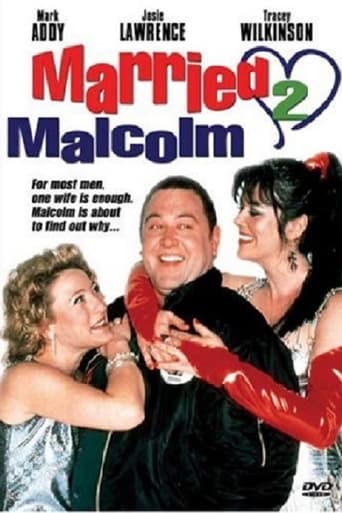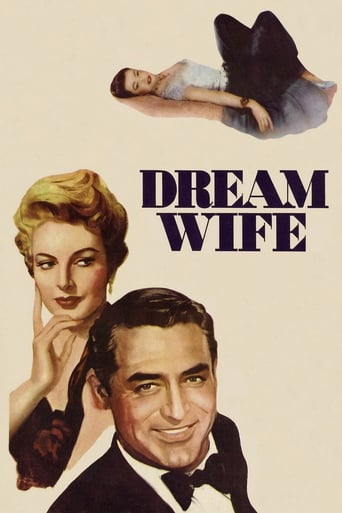
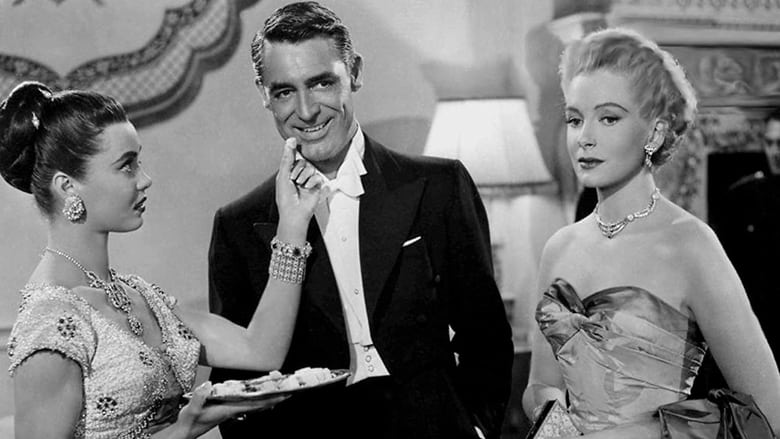
Dream Wife (1953)
Clemson Reade, a business tycoon with marriage on his mind, and Effie, a U.S. diplomat, are a modern couple. Unfortunately there seems to be too much business and not enough pleasure on the part of Effie. When Clemson meets Tarji, a princess trained in all the arts of pleasing men, he decides he wants an old fashioned girl. Princess Tarji's father is king of oil-rich Bukistan. Because of the oil situation and to maintain good political relations during the courtship between Clemson & Tarji, the State Department assigns a diplomat to maintain protocol until the wedding - Effie!
Watch Trailer
Cast


Similar titles
Reviews
Cary Grant is Clemson Reade, an American on a business trip to a fictitious Middle Eastern country, Bukistan. He is there to sell oil-processing equipment to the reigning khan, played by Edward Franz. Back home, Reade is engaged to Miss Effington (Effie) who has a career in the U.S. State Department. Deborah Kerr's Effie is in the high ranks of the Middle East section. One can imagine where this story will go. This 1953 MGM film was 20 years ahead of the oil "crises" of the 1970s that had a devastating effect around the world. But it gives a glimpse of the world of foreign relations and international business dealings. And, in this case, how they can overlap and interact with an amusing angle. The younger audiences of today may not know much about the cultural changes in society during the mid to late 20th century. So, things like male chauvinism and women's lib may be nothing more than something they've heard about from the past. Well, this film clearly seems to poke fun at some customs of the time. And, it is an early jab at women's lib way before the movement became widespread more than a decade later. We see that in the early scenes when Reade returns to the U.S. With his arms full of packages at the airport a woman won't open the door for him, but another man does. Then, other men remove their hats when a woman enters an elevator. Reade fumbles his packages to remove his hat while the woman has a glare of indignation on her face. Then, there's something of a role reversal with Reade having to wait on Effie all the time as she has to work late and gets calls away from their dinner and evening out to go back to the office. All of this seems to be juicy fodder for a very good comedy. And, with these two leads and Walter Pidgeon as Effie's State Department boss, Walter McBride, "Dream Wife" should have been a big hit. But it wasn't when it hit theaters in 1953, and it's not even mildly entertaining today. This is clearly a case of a terrible screenplay that sinks a movie. Sometimes, the roles of actors will lift weak scripts to make fair movies. But in this case, the dull script is so bad and humorless that even Cary Grant and Deborah Kerr can't save the film. As other reviewers have noted, Grant seems to grow detached from the film as it goes along. In the early scenes he seems to strain to give a sense of comedy, as he is so adept at doing with his side-glances and facial expressions. This script is so bad it's hard to imagine the producers, directors and studio seeing any humor in it. Others have noted that Grant was embarrassed by this poor film so much so that he didn't do another movie for two years and almost hung up his stage spurs. Thankfully, he didn't and we have some wonderful and great films with Cary Grant in the lead into the next decade. On everyone's list of most memorable love stories is Grant and Kerr's pairing for the 1957 blockbuster, "An Affair to Remember." They showed that they did have chemistry on film – if the screenplay was right.
In a Middle Eastern country on business, successful traveling salesman Cary Grant (as Clemson "Clem" Reade) become acquainted with desirable young Betta St. John (as Tarji). Her father allows the princess to perform a sexy dance for Mr. Grant and indicates Ms. St. John would be a devoted and subservient wife. Her main goal in life is to please a man. Engaged to another woman, Grant passes on the offer. He returns to the US, where he reunites with attractive fiancée Deborah Kerr (as Priscilla "Effie" Effington). Grant wants to get romantic, but Ms. Kerr is constantly interrupted by business matters. She has an important job in the US State Department...Grant is frustrated with his busy fiancée and decides to wed the subservient St. John...Directed by Sidney Sheldon, "Dream Wife" can be described as "I Dream of Jeannie" without the magic. The later TV series was created by Mr. Sheldon, with the underlying theme enhanced by giving the young woman magical powers to please her master. Reportedly, Grant was unhappy with "Dream Wife" and almost retired. He appears to either be trying out a thinner "look" or recovering from an illness. His comic timing is fine, but often channeled improperly. Cast with bad contrast, second male lead Walter Pidgeon (as Walter McBride) makes Grant look smaller. Fortunately, Grant returned to the screen, with a more robust "look" assisted by better make-up and coloring.**** Dream Wife (1953-06-19) Sidney Sheldon ~ Cary Grant, Deborah Kerr, Betta St. John, Walter Pidgeon
I saw this movie for the first time on TCM, interested because of the pairing of Cary Grant and Deborah Kerr. It's really boring, with a silly, unbelievable plot. Worse than that, Grant looks and act in such a peculiar manner. He appears to be bone-thin, with his suits just hanging on him. And his expressions and body language border on the effeminate in some sequences. This is not the dashing, debonair, sophisticated Cary Grant we've all become accustomed to seeing in so many movies over the years.Kerr has a brief drunk scene that is unusual for her screen persona. Aside from that, there's not much to her character that can save this dreary flick.The one thing worth noting is the movie's benign portrayal of Islamic rulers. Was it really like that 50 years ago, or were we just too ignorant to know any better?
In designing a life, perhaps the first decision is how many fantasy worlds you wish to maintain. Nearly everyone has several that are robust. This is made possible because of the powerful support movies provide so we can generate and maintain fantasies with some external apparatus.We now have ready support in film for several types of fantasy worlds, concerning God, country and love of course. Identity if you are a teenager.Love is a difficult one to understand because either it doesn't connect (because it is of a world we have chosen to exclude) or it does, in which case our objectivity gets entangled. What's really good is when you have a romantic film that directly supports this need and utterly fails.This is one of those. Cary Grant in an ill-fitting suit. Deborah Kerr with amazingly fat thighs. A concept and script so incompetent one wonders just what they were thinking.The guy behind this later found the groove in this formula with the "I Dream of Jeannie" TeeVee show. There, he softened things: made the "hard woman" softer and the "soft" woman so soft she wasn't even a real woman.So this is interesting from that perspective. Bad films tell you more about the good ones than the good ones themselves do. But there is another feature of this that seems fantastic these days. Along with the romance element, they bonded it with what was then seen as the exotic flavor of Arabia. There is a subplot concerning America's desperate need for oil (more than 50 years ago!) but the main exoticism is the contrast between Islam and US culture. Islam's quirks are seen as comic and innocently charming.I had wondered elsewhere when we would again see Arab women in films as sexy beings. Didn't even happen here. Probably won't happen in my lifetime.Ted's Evaluation -- 2 of 3: Has some interesting elements.




